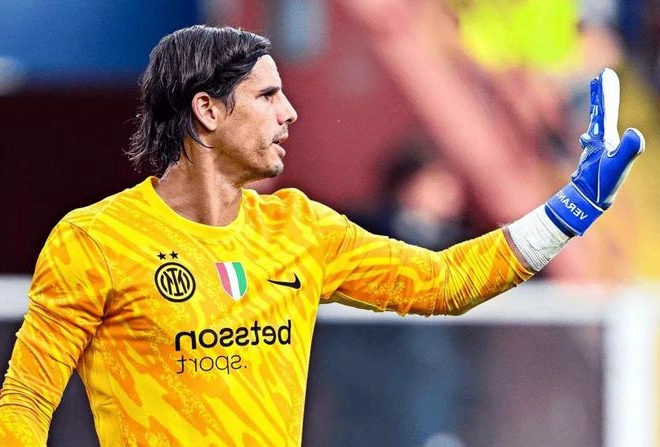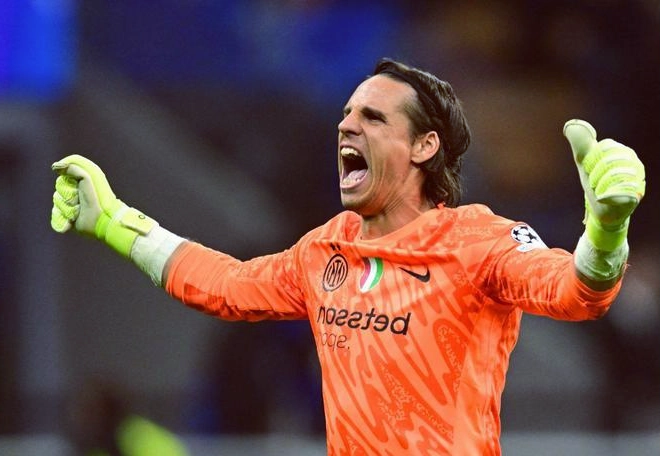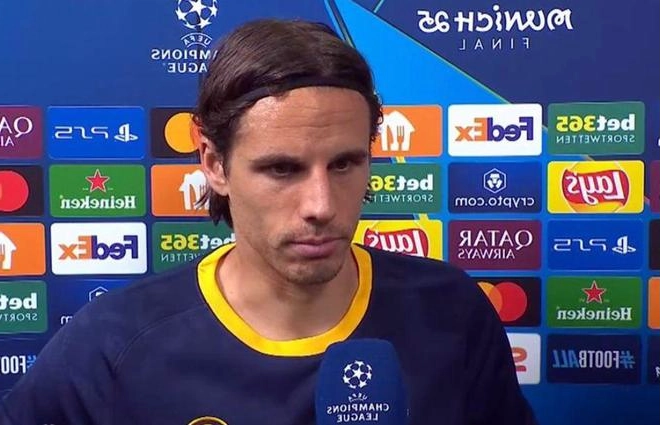
From beating Bayern and Barça to a 0-5 collapse — what went wrong for Inter against PSG?
When PSG's young talent Senny Mayulu sealed the scoreline at 5-0 in the 86th minute, the scoreboard at Munich's Allianz Arena resembled a harsh verdict. Just weeks earlier, Inter Milan had been dreaming of a treble, but they concluded their season with the most lopsided defeat in UEFA Champions League final history. The transformation from a formidable team that eliminated Bayern Munich and Barcelona to a side overwhelmed by PSG's youthful vigor was not coincidental.
1. Exhaustion of an Aging Squad
Inter fielded the oldest lineup in the competition, averaging 29.5 years, against PSG's youthful average of 23.8 years. The congested end-of-season schedule proved too taxing for the veteran players.
Late-Season Decline: Starting in late April, Inter suffered critical losses: a last-minute defeat to Bologna, a 0-3 loss to AC Milan in the Coppa Italia, and another setback against Roma in Serie A. These defeats drained not only points but also the remaining energy reserves of the aging squad.
Drop in Physical Performance: In the semifinals against Barcelona, 36-year-old Henrikh Mkhitaryan covered 11.8 km, and 37-year-old Francesco Acerbi ran 9.85 km. However, in the final, Inter's total distance covered was 12 km less than PSG's. Key players like Nicolò Barella were ineffective, and Lautaro Martínez failed to register a shot on target in the first half.
This physical decline disrupted Inter's defensive structure. The cohesive three-center-back system that neutralized Lamine Yamal in the semifinals crumbled against PSG. Achraf Hakimi's 12th-minute goal saw Inter's defenders out of position, and Désiré Doué's 20th-minute strike highlighted the defense's inability to cope with PSG's pace.
2. Tactical Defeat: Italian Defense Meets PSG's Speed

Coach Simone Inzaghi's defensive philosophy had been effective throughout the tournament, with Inter trailing for only 16 minutes and 38 seconds over 14 matches. However, PSG dismantled this system with precision.
Exploiting Defensive Weaknesses: PSG's wingers, Ousmane Dembélé and Doué, targeted the flanks, exploiting the lateral mobility issues of Inter's three-center-back formation. Doué's two goals and an assist were pivotal in PSG's dominance.
Disrupting Build-Up Play: Inter's strategy of transitioning quickly from defense to attack was nullified by PSG's high pressing. Dembélé's pressing in the final surpassed the combined efforts of PSG's previous front three in earlier matches. Inter managed only seven shots in the match, with Hakan Çalhanoğlu's pass completion rate dropping by 15%, indicating a breakdown in midfield cohesion.
Ironically, PSG's vulnerability to set-pieces, which accounted for 38% of their goals conceded, was not exploited by Inter, who had the lowest set-piece conversion rate in the tournament at 9%.
3. Psychological Collapse: From Treble Aspirations to Humiliation

Before the season's climax, Inzaghi confidently gestured three fingers, symbolizing the treble. However, the psychological strain became evident as the season progressed.
Pressure on Veterans: The core group that had reached two finals in three years carried the burden of redemption. Following eliminations from the Coppa Italia and losing the Serie A title, the locker room was engulfed in self-doubt. During the final, visible signs of despair were evident, with Martínez and Barella displaying frustration and resignation.
Sense of Inevitability: After PSG's third goal in the 63rd minute, cameras captured Acerbi looking skyward with closed eyes, symbolizing surrender. The resilience that characterized Inter's journey to the final dissipated, culminating in a performance that starkly contrasted their earlier displays.
Inter's 0-5 defeat to PSG in the Champions League final was a culmination of physical fatigue, tactical shortcomings, and psychological breakdowns. The match not only marked PSG's first Champions League title but also served as a stark reminder of the challenges faced by aging squads in modern football.




